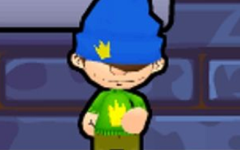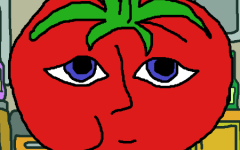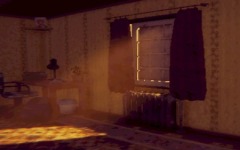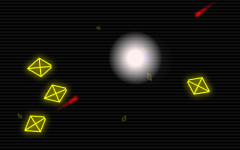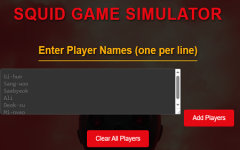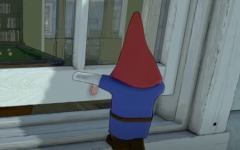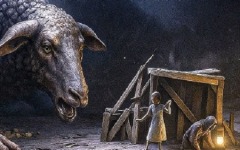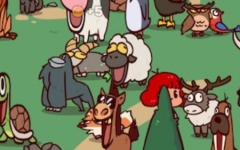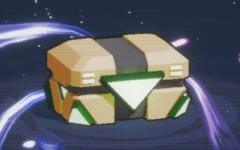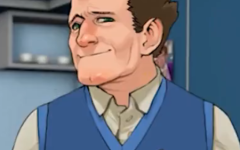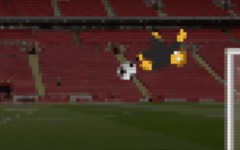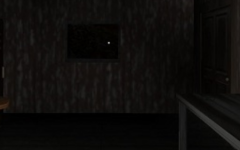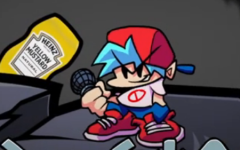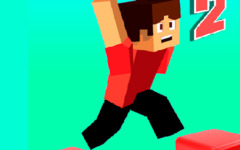Advertisement
Evolution
Advertisement

Evolution is a board game that simulates the survival challenges of species living in a shared ecosystem. Each player begins with a simple species and attempts to help it survive across multiple game rounds. Players expand their species, adapt to environmental changes, and compete for limited food sources. The central mechanic is the allocation and competition for food, which determines whether a species grows, survives, or goes extinct. Player decisions influence not only their own progress but also the conditions faced by everyone at the table.
Adapting Through Trait Cards
During gameplay, species are shaped by trait cards that define how they behave. Players can assign traits that allow their species to gain food faster, protect themselves from predators, or cooperate with nearby species. With only a few trait slots available, players must decide which combinations are most efficient for the current situation. Adding more species increases potential points but also raises the demand for food. Traits can be reused across species, but the same strategy rarely works for long, especially as opponents adjust their own plans.
Structured Rounds And Game Actions
Each round of Evolution follows a clear sequence that governs gameplay flow:
- Players draw trait cards
- One card is secretly placed to determine total food for the round
- Remaining cards are used to evolve species or increase population/body size
- Players feed their species in turn order
- Populations that can’t be fed are reduced
This loop repeats across rounds, creating a dynamic environment where species compete for survival. Carnivorous species add direct interaction by attacking others to gain food, while herbivores rely on shared resources. The presence of predators forces defensive adaptations, which in turn change how food is distributed among players.
Managing Risk And Population
As the game progresses, players are constantly balancing growth and sustainability. A large species population earns more points but is harder to maintain if food is scarce. If a species cannot eat enough, its population shrinks. Carnivores are powerful but dependent on other species being vulnerable. The ecosystem is unstable, and player actions can quickly change available options. Choosing when to grow, when to defend, and when to attack becomes more important as the number of species and traits on the board increases.





















































































































